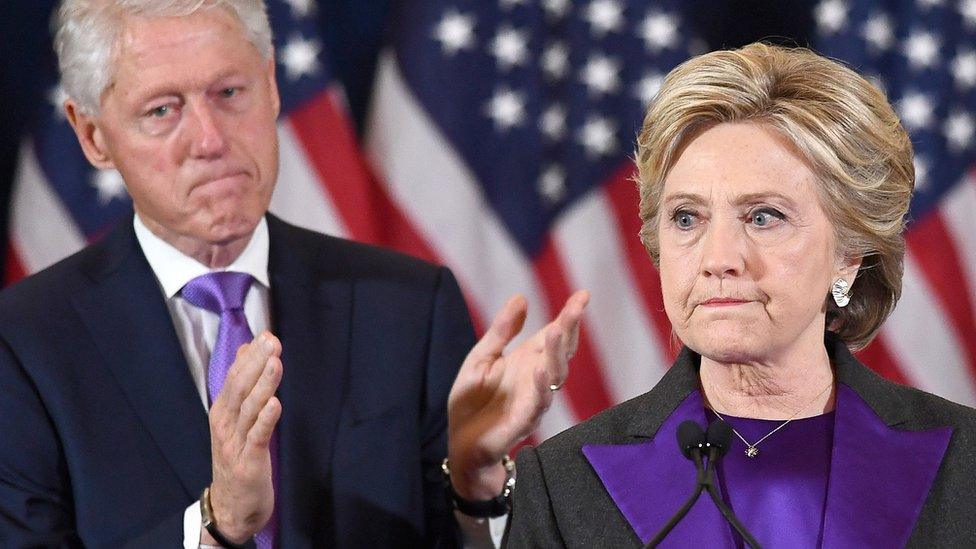Democratic Party’s Financial Failure: Dismal Fundraising Exposes Deep Rift
The Democratic Party seems to be set up for more disappointment following their defeat in the 2024 general elections. The party’s internal tension was reflected in their dismal fundraising efforts in June. Comparatively, The Republican National Committee (RNC) fundraising dwarfed the Democrats’ efforts, raising nearly twice as much in the same period. Notably, the RNC collected a whopping total of $16.2 million in just one month, leaving the Democratic National Committee’s $8.6 million in the dust.
The RNC’s financial prowess continues to grow unabated. Their war chest now holds an impressive $80.78 million, a far cry from the mere $15.22 million the DNC has managed to scrounge up. The Democrats’ pitiful financial state seems to directly mirror the party’s internal disarray, as their unity disintegrates further.
The Democratic Party confronted this inevitable rift in June, when former vice-chair David Hogg, known for his radical progressive views, opted to forego standing for re-election. Hogg’s decision came startlingly soon, considering he had been promoted to this key role just months previously, suggesting the party’s internal strife is ever escalating.
Troublingly for the Democrats, Hogg’s aggressive push to supplant older, incumbent Democrats had already ignited severe internal discord. DNC vice-chair Malcolm Kenyatta lamented the process as ‘frustrating’, equating it to a ‘slap in the face.’ This dissatisfaction seems only to complement the overall disorientation the Democratic Party is engulfed in.
Kenyatta emphasized that the party’s focus had been scattered. He confessed, ‘We haven’t been able to be singularly focused’ and lamented that the party had wasted time on ‘procedural nonsense within the DNC.’ Kenyatta’s comments hold a mirror up to the disarray within the party, demonstrating a clear organizational crisis.
Despite the turmoil, the Democratic Party leadership is endeavoring to maintain a brave face. They optimistically claimed that June saw their ‘best-ever’ contributions from grassroots donations for an off-year in the committee’s troubled history. However, this statement seems merely an ineffectual attempt to disconnect from the grim reality of their situation.
The Democratic Party’s Chairman, Ken Martin, claimed that ‘people are energized, ready to fight back, and empowering Democrats to win elections.’ In spite of his rhetoric, the fundraising and political results demonstrate an entirely different reality. His comment seems more like wishful thinking than a reflection of the party’s current condition.
The National Republican Congressional Committee (NRCC), on the other hand, convincingly outperformed the Democratic counterpart, the Democratic Congressional Campaign Committee, in both the second quarter of the year and in June. The NRCC raised $32.3 million versus $29.1 million and $18.1 million versus $12.7 million respectively.
Despite the Democrat’s milquetoast fundraising results, they reported having a marginally higher amount at $39.7 million on hand to the NRCC’s $37.6 million. But this is no cause for celebration. Notably, this is the first time in four years that the NRCC has managed to out-raise the DCCC in the first six months of an electoral cycle, marking a shift in donors’ preferences.
GOP House leaders are rejoicing at the financial advantage they’ve earned, as Republican congressional campaigns have brought in more funds than Democrats in key battlegrounds. These monetary victories reflect the momentum of the Republicans, and the stagnation of the Democrats.
NRCC Spokesman Mike Marinella proudly announced that the committee was amassing a ‘historic’ war chest. Unsurprisingly, the Democrats were not faring as well. Marinella revealed, ‘While House Republicans build a historic war chest to grow the majority, House Democrats are broke, divided, and hijacked by socialists.’
Marinella’s comments further highlight the donors’ sentiment and the reason for their declining contributions to the Democrats. He confidently stated that ‘donors are slamming the brakes because they know this party is pathetic, aimless, and has no chance of taking back the majority.’ This scathing sentiment appears to be increasingly shared by many voters and donors alike.
Clearly, the Democratic Party’s failure to unite and present a convincing case for themselves is showing in their faltering fundraising efforts. If current trends continue, the Republicans will widen the gap, both in terms of funds and public support, leaving the Democrats scrambling to pick up the pieces.
In stark contrast, the Republican Party’s momentum seems poised to grow, as evidenced by its fruitful fundraising efforts. As they continue to capitalize on the Democrats’ confusion and lack of unity, the GOP remains on track to further expand their majority.
Considering current political dynamics and the optimistic predictions of the Republican party, the future seems to favor the Republicans. Meanwhile, the Democratic Party grapples with internal turmoil and a debilitating financial situation, which only highlights their ineffectiveness in the political arena.

